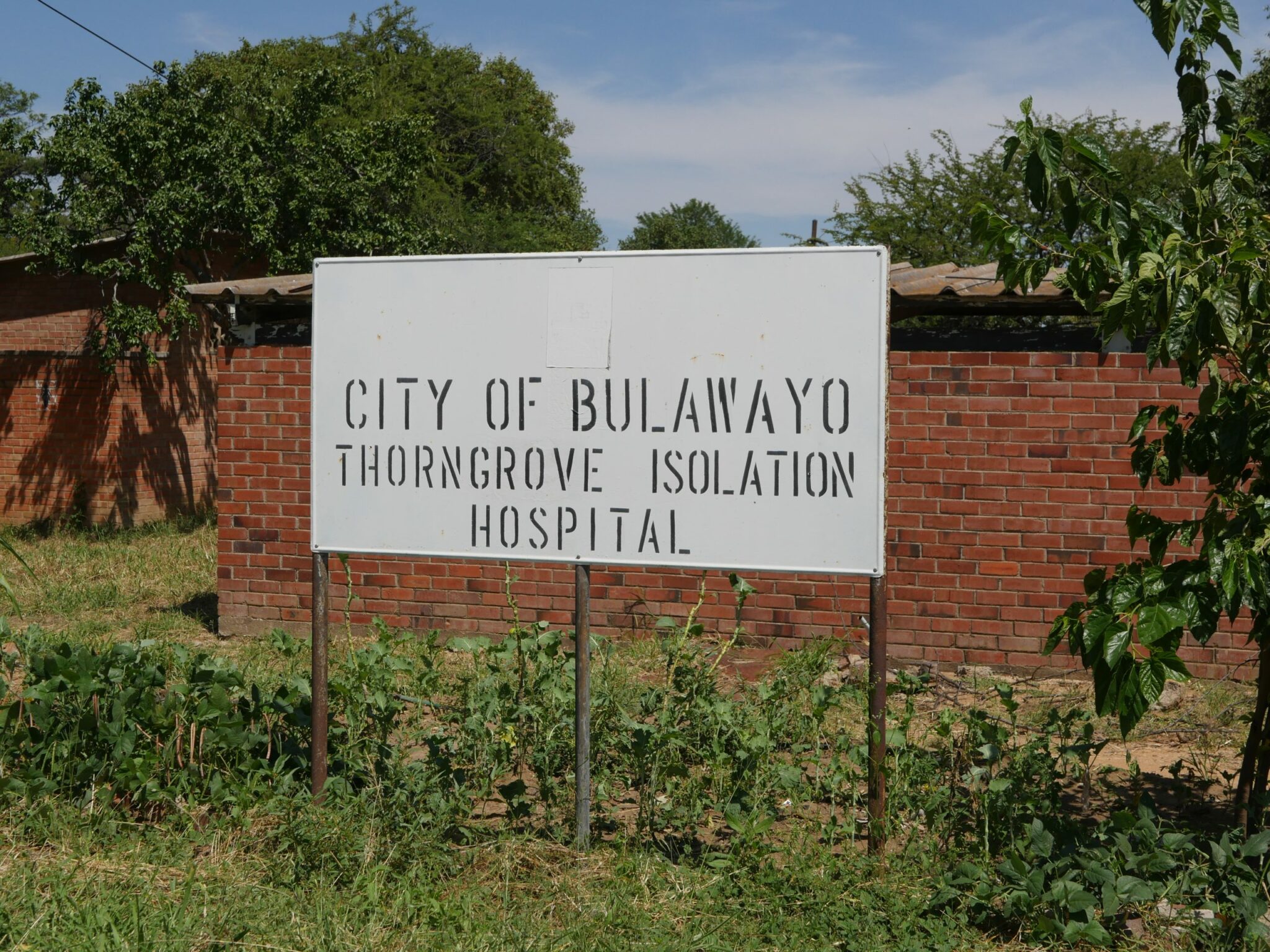The Centers for Disease Control and Prevention (CDC) in the United States has reduced the number of isolation days for people who test positive with Covid-19 from 10 to five that is if they do not show symptoms.
This development cuts by half the earlier recommendation of 10 days of isolation.
But in Zimbabwe, health experts said they were still studying the evidence and looking at the data before following in similar footsteps.
The CDC explained that the change was motivated by science that demonstrated that the majority of Covid-19 transmission occurs early in the course of illness, generally in the one or two days before onset of symptoms and the two to three days after.
“People with Covid-19 should isolate for five days and if they are asymptomatic or their symptoms are resolving (without fever for 24 hours), follow that by five days of wearing a mask when around others to minimise the risk of infecting people they encounter,” the CDC said in a statement.
In an interview with CITE, Bulawayo Provincial Medical Director, Dr Maphios Siamuchembu, said Zimbabwe had different pillars of Covid-19 management, whose responsibility was looking at data and evidence of the coronavirus from the world over and were still studying such.
“The pillars from time to time advise on the way forward. The case management pillar deals with isolation and quarantine have not been adopted and advised as such. When they do, they will do so via the permanent secretary (in the ministry of Health and Child Care, Air Commodore -Dr Jasper Chimedza) who will advise. We have not received such communication,” he said.
“I don’t think it is going to happen as now but once the pillars have looked at all the evidence, the communication will come from the permanent secretary going down to all provincial medical directors.”
When reached for a comment on the possible reduction of the isolation period, Deputy Minister of Health and Child Care, Dr John Mangwiro acknowledged “things were changing fast” and referred questions “on what we are doing” to the Lead Epidemiology Surveillance Operations Covid-19 Response and Acting Director Epidemiology and Disease Control in the Ministry of Health and Child Care, Dr Isaac Phiri.
Dr Phiri referred questions to the permanent secretary – Dr Chimedza, who when spoken to , advised that inquiries must be sent to the ministry’s Public Relations Department, whose contact person’s mobile number was unreachable.
Additionally, the CDC also updated the recommended quarantine period for people exposed to the virus where those who are unvaccinated should quarantine for five days while those who are vaccinated – having received their booster shot do not need to quarantine but must wear their masks.
“For people who are unvaccinated or are more than six months out from their second mRNA dose (or more than 2 months after the Johnson and Johnson vaccine) and not yet boosted, CDC now recommends quarantine for five days followed by strict mask use for an additional five days,” said the CDC.
“Alternatively, if a five – day quarantine is not feasible, it is imperative that an exposed person wear a well-fitting mask at all times when around others for 10 days after exposure.”
“Individuals who have received their booster shot do not need to be quarantined following an exposure, but should wear a mask for 10 days after the exposure. For all those exposed, best practice would also include a test for SARS-CoV-2 at day 5 after exposure. If symptoms occur, individuals should immediately quarantine until a negative test confirms symptoms are not attributable to Covid-19.”
CDC Director, Dr. Rochelle Walensky said the Omicron variant was spreading quickly and has the potential to impact all facets of our society.
“CDC’s updated recommendations for isolation and quarantine balance what we know about the spread of the virus and the protection provided by vaccination and booster doses,” said the director.
“These updates make sure people can safely continue their daily lives. Prevention is our best option: get vaccinated, get boosted, wear a mask in public indoor settings in areas of substantial and high community transmission, and take a test before you gather.”

